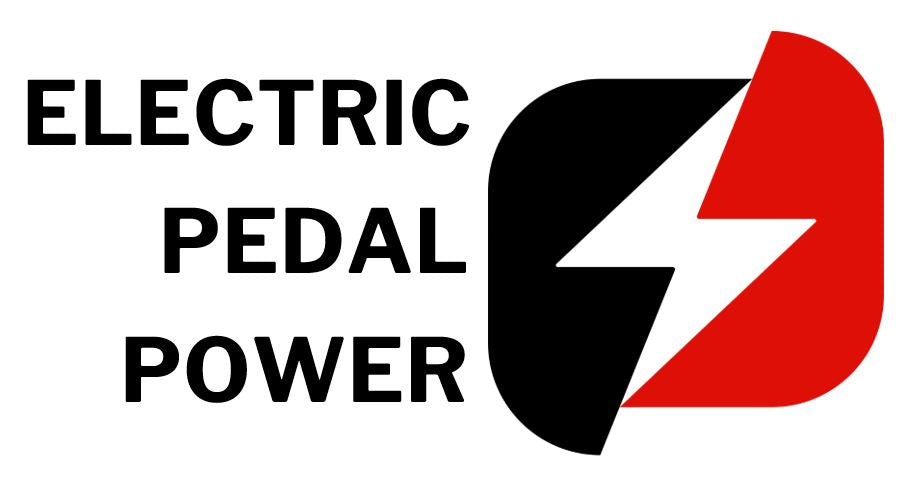The buzzworthy topic in electric mobility is the surprising role of e-bikes in curbing oil demand. Recent data reveals that e-bikes and scooters are outperforming electric vehicles (EVs), displacing four times as much demand for oil globally. In wealthy countries like the United States and Australia, where short trips constitute a significant portion of daily commuting, electric micromobility options are gaining popularity.
These electric two- and three-wheelers, including mopeds and motorcycles, have surpassed 280 million on the roads, overshadowing the 20 million electric cars. The sheer popularity of e-bikes is slashing oil demand by a substantial 1% of the world's total oil demand.
Beyond being environmentally friendly, electric micromobility is cost-effective. Charging an e-bike for a daily 20 km commute costs around $20 annually, making them an attractive option for short-hop trips like the school run or grocery shopping.
As the global demand for oil is projected to peak in 2028 and then decline, electric micromobility, with its lower costs and efficient urban transportation solutions, is emerging as a formidable player in reducing oil dependency.
(ref. THE CONVERSATION - 18/11/2023)

